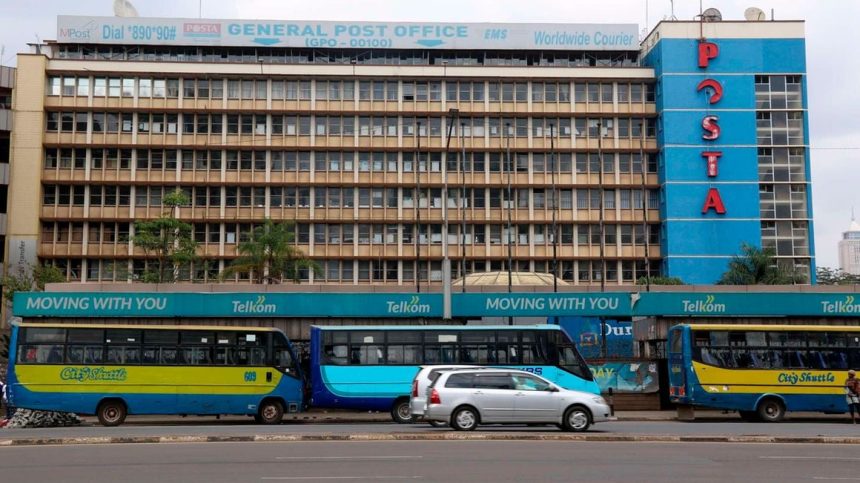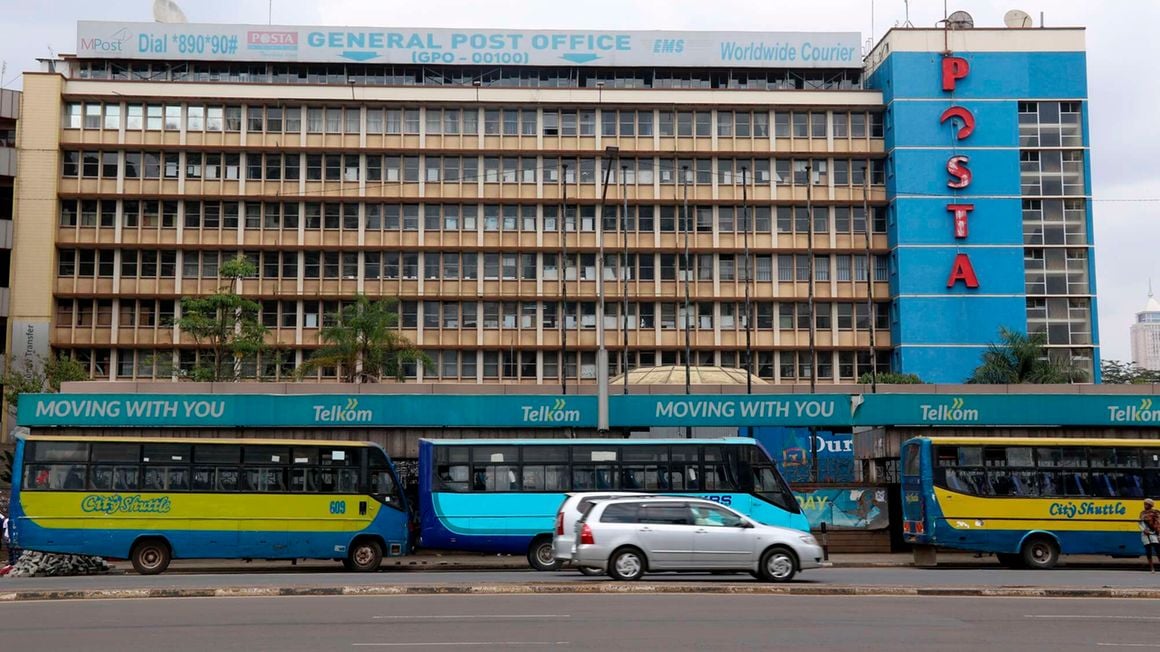The Kenya Broadcasting Corporation (KBC) and the Postal Corporation of Kenya (PCK) will take at least three years to return to profitability if the Cabinet approves a restructuring plan that includes financial bailouts from the Treasury.
The National Assembly’s Committee on Information, Communications and Technology (ICT) says KBC and PCK have huge pending bills totalling Sh12 billion and Sh5.4 billion respectively.
“In order to stem the accumulation of pending bills, the State Department has developed and submitted Cabinet memos in an effort to restructure KBC and PCK,” John Kiarie, the chairperson of the committee said.
In a report on the scrutiny of the ICT ministry budget for the financial year starting July 1, Mr Kiarie told the Budget and Appropriations Committee (BAC) that the restructuring of the two State corporations is being pursued to make them financially viable.
Read: Posta on the spot over Sh540m pension dues
The committee said the Cabinet memorandum is currently with the National Treasury for comments. The memo is seeking financial interventions to have business turnaround strategies aiming at revamping the business structures.
“The processing of the memo and full implementation of the approved recommended strategy shall take at least three years,” the committee said in the report.
The committee said PCK has accumulated pending bills that are made up of outstanding financial obligations in critical expenditure areas manifested by delays in compensation to employees.
The committee said as of the end of May 2023, there existed four months of salary arrears. The PCK has also not remitted statutory deductions such as pensions, Sacco contributions and taxes, and outstanding bills owed to various suppliers among others.
“As revamping of the corporation is undertaken, it requires an annual budgetary bailout of Sh1 billion for three years to financially resuscitate the corporation and restore a healthy financial position,” Mr Kiarie said.
More than 2,500 employees of PCK have been going without salaries due to the poor financial position of their employer. A report from the Auditor-General shows that the PCK is heavily indebted after incurring debts of more than Sh2 billion.
The Treasury has over the years been extending a bailout to State-owned PCK to help pay salaries for its employees.
The Treasury in 2020 approved a Sh810 million bailout to PCK to pay salaries and arrears for workers who had gone without pay for six months.
The bailout followed the outbreak of the Covid-19 pandemic which grounded international flights leading to delays in payment of employees’ wages.
The Covid-19 significantly reduced internal mail haul given that PCK business depends on passenger flights as opposed to cargo planes.
The PCK employees had petitioned the National Assembly through the departmental committee on Information, Communication and Technology to probe the corporation’s failure to pay salaries.
In the last 10 years, Internet service providers and the entry of giant telco Safaricom, have drastically cut reliance on Posta for the physical delivery of letters.
The parastatal’s fortunes have dwindled following the uptake of email, calls, SMS and social media which has resulted in a major decline in mail correspondence, especially among individuals.
At the national broadcaster, Mr Kiarie said KBC is facing a contingent liability from the United Kingdom-based lawsuit involving the corporation and Amjam TV estimated at Sh40 billion.
“The court case that began in 2009 when KBC terminated a joint venture agreement with the Amjam TV, owned by Dubai based businessman who also owned Chanel 2 is yet to be concluded,” Mr Kiarie said.
“Currently, there is an ongoing arbitration aimed at an amicable solution of the case.”
Read: Lossmaking Posta turns to SMEs for new lease of life
The committee warned the unfavourable outcome of the court case poses a risk of huge contingent liability on KBC which may require substantial financial resources to settle.
“The case has also exerted expenditure pressures related to the resultant legal costs. This is manifested in the Sh200 million n that was allocated in Supplementary 1 of 2022/23 specifically to cater for legal fees,” Mr Kiarie said.




